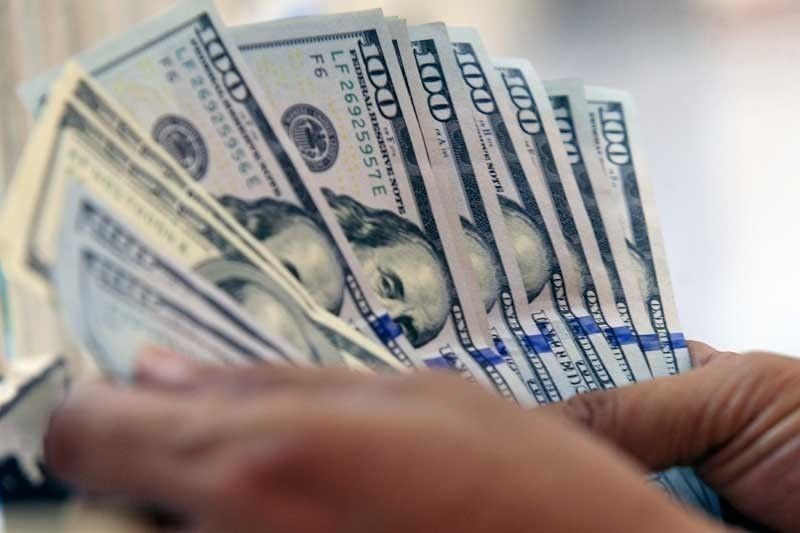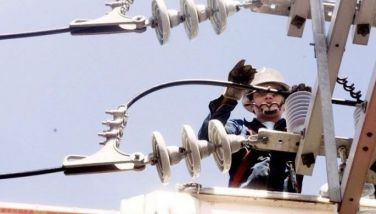FDI inflows rebound in final month of lockdown in May

MANILA, Philippines — Foreign direct investments (FDI) recovered in May following a three-month decline, but the rebound may be short-lived and just came in anticipation of a more relaxed coronavirus restrictions.
FDI posted a net inflow of $399 million in May, up 42.4% year-on-year, data released by the Bangko Sentral ng Pilipinas (BSP) on Wednesday showed. A net inflow means more investments entered the country than left.
The latest reading snapped a three-month annual downtrend this year. It also helped narrow the FDI slump in the first five months to $2.4 billion, down 25.6% on-year, figures showed.
But for Alvin Ang, economist at Ateneo de Manila University, more FDI inflows may just have been “in anticipation of” Metro Manila and key urban areas, responsible for most economic activity, coming out of stringent lockdowns.
“June, we’re already GCQ (general community quarantine). It’s possible inflows entered ahead of that,” Ang said in an online exchange.
As it is, BSP itself indicated how the pandemic has largely led to a “weak global outlook and investors’ confidence.” After the virus spawned into a global health crisis, the central bank trimmed its outlook for FDI this year to $4.1 billion last May from the original $8.1 billion.
Apart from the coronavirus outbreak, investors also weighed in the government’s initial shutdown of ABS-CBN Corp.’s free TV and radio network last May 5, as well as a shift to stable from positive outlook on Fitch Ratings’ investment-grade rating for the Philippines.
With the BSP’s bleak outlook for the year, Philippines on set for its third straight year of decline on FDI inflows under the Duterte administration. Investments started to taper off since hitting a record $10.26 billion in 2017.
Breaking down the May figures, equity capital placements or new FDIs soared 8.1% year-on-year to $80 million, while those that headed for the exit plummeted 96% annually to $3 million for net placements of $78 million.
Majority of fresh FDIs entered from Japan, Singapore, and the US, economies that have started gradually easing containment measures at the time. Funds were invested mostly in businesses engaged in manufacturing, financial and insurance, and real estate, the central bank reported.
From January to May, equity investments amounted to $738 million, more than double the previous year’s level, with Netherlands, Singapore and Japan being the highest investment contributors.
In May alone, the bulk of FDI remained as intercompany borrowings, or money that went between foreign headquarters and their local affiliates here. This kind of inflows grew 40.8% on-year to $236 million that month, but was down 46.4% to $1.29 billion for the five-month period.
Reinvested earnings, meanwhile, declined 23.7% annually to $85 million in May, figures showed. The drop tempered to 22.2% to $353 million so far this year.
- Latest
- Trending






























